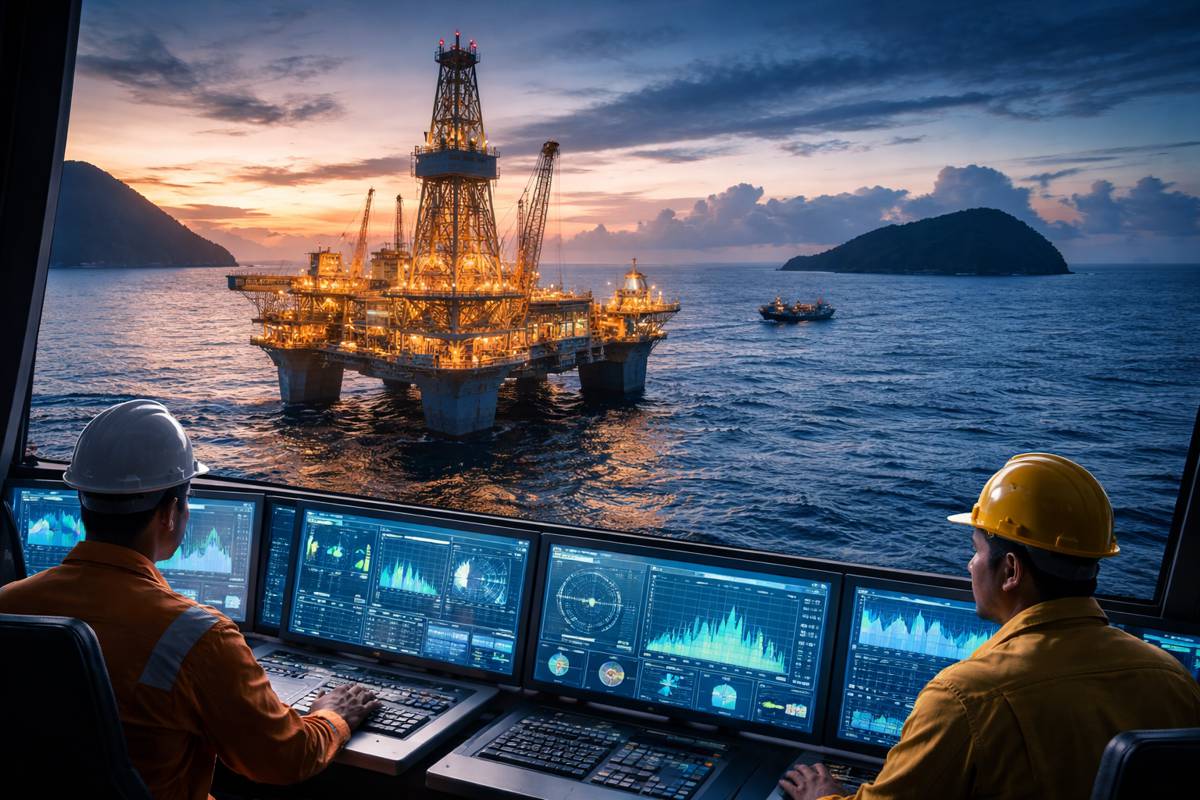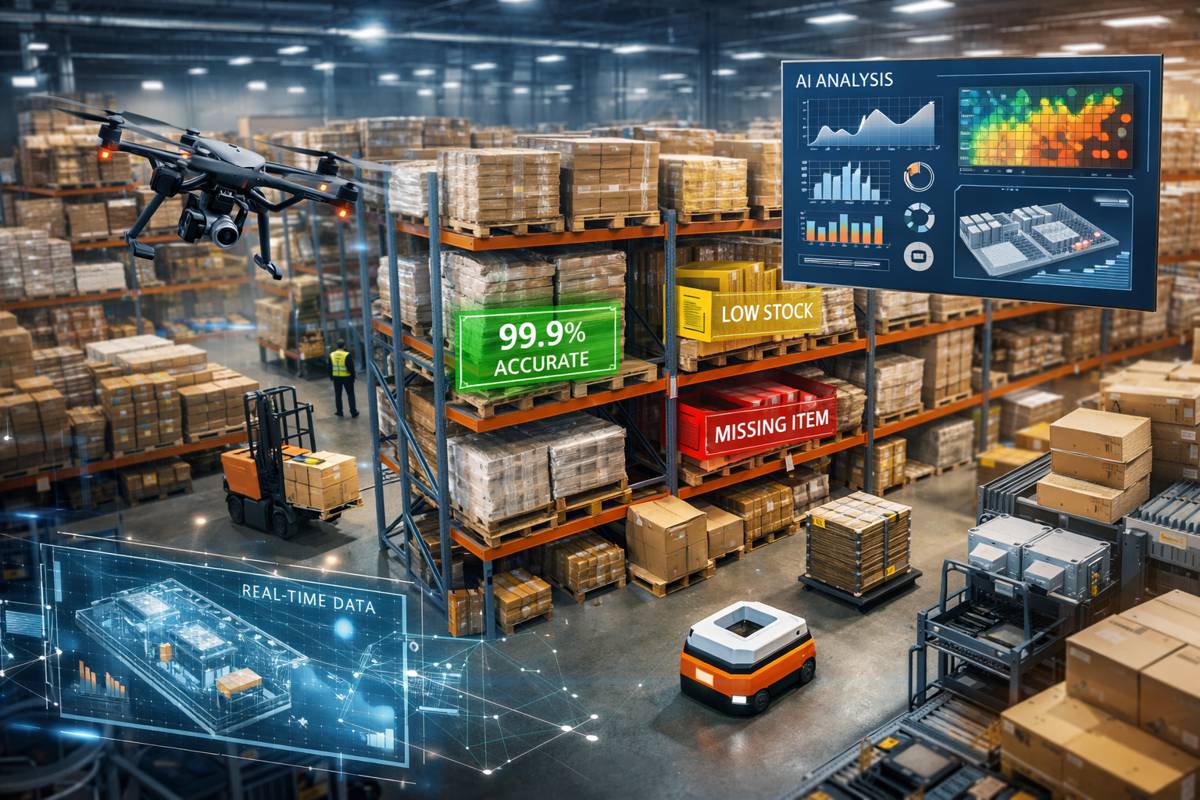ADB finances US$380m road improvements in Mindanao, Philippines
The Asian Development Bank’s (ADB) Board of Directors has approved a $380 million loan to help the Philippine government strengthen the road network and spur economic development in Mindanao, the country’s second largest island with about 20 million people.
The Improving Growth Corridors in Mindanao Road Sector Project, ADB’s biggest infrastructure investment in the island region, seeks to improve about 280 kilometres (km) of national roads and bridges in Mindanao.
The project, which is also the first Mindanao-specific loan granted by ADB in 16 years, will help the transport system better deal with the effects of climate change through features such as elevated pavements, enhanced slope protection, and better drainage. It will benefit women by improving their access to basic infrastructure, social services, and economic or financial resources or opportunities. Communities will also benefit from road safety awareness campaigns to be conducted under the project. All project roads will be geotagged with information accessible on the Internet, so the public can monitor road investment projects throughout the project life cycle, including procurement and construction.
Additionally, the assistance will help finance the detailed design of 300 km of national highways in Mindanao, which will be constructed through other projects. Institutionally, it will help the Department of Public Works and Highways improve the long-term planning, fiscal accountability, and human resource management in the transport sector in Mindanao and the rest of the country.
The total project cost is estimated at $503 million, with the Government of the Philippines contributing $123 million.
“Improving roads in Mindanao will support the development of economic opportunities in areas such as agribusiness, ecotourism, and logistics, and improve access to markets, jobs, education, and health facilities,” said Jeffrey Miller, Principal Transport Specialist at ADB’s Southeast Asia Department.
Efficient road transport is crucial for the Philippines’ economic growth, but the sector has not kept up with population growth. About 23% of the national road network is in poor condition, due to various reasons including inadequate funding, lack of maintenance, and the impact of climate change, such as flooding.
Mindanao’s road network is less developed than the national average, with only 70% of the roads paved, compared with 82% in Luzon and 89% in the Visayas. Despite its rich natural resources, Mindanao also has the highest poverty incidence among the Philippines’ three island groups at 32%, largely because of civil conflict and low economic growth.
The “Build, Build, Build” program, the centrepiece of President Rodrigo Duterte’s 10-point Socioeconomic Agenda, aims to increase public investment and accelerate infrastructure delivery. Public spending on infrastructure is expected to reach 7.4% of the country’s gross domestic product by 2022, up from the 5.3% target in 2017.
ADB has been providing comprehensive support to the government to implement and manage sophisticated public works projects. The project will help link the island—economically and physically—to other parts of the Philippines and support the government’s effort to develop Mindanao’s economy, reduce poverty, and achieve high, inclusive, and sustainable growth. The project will also contribute to and benefit from the development of the Greater Sulu Sulawesi Corridor, which encompasses Mindanao, in the Brunei Darussalam-Indonesia-Malaysia-Philippines East Association of Southeast Asian Nations (ASEAN) Growth Area.
ADB, based in Manila, is dedicated to reducing poverty in Asia and the Pacific through inclusive economic growth, environmentally sustainable growth, and regional integration. Established in 1966, ADB is celebrating 50 years of development partnership in the region. It is owned by 67 members—48 from the region. In 2016, ADB assistance totalled $31.7 billion, including $14 billion in co-financing.





























